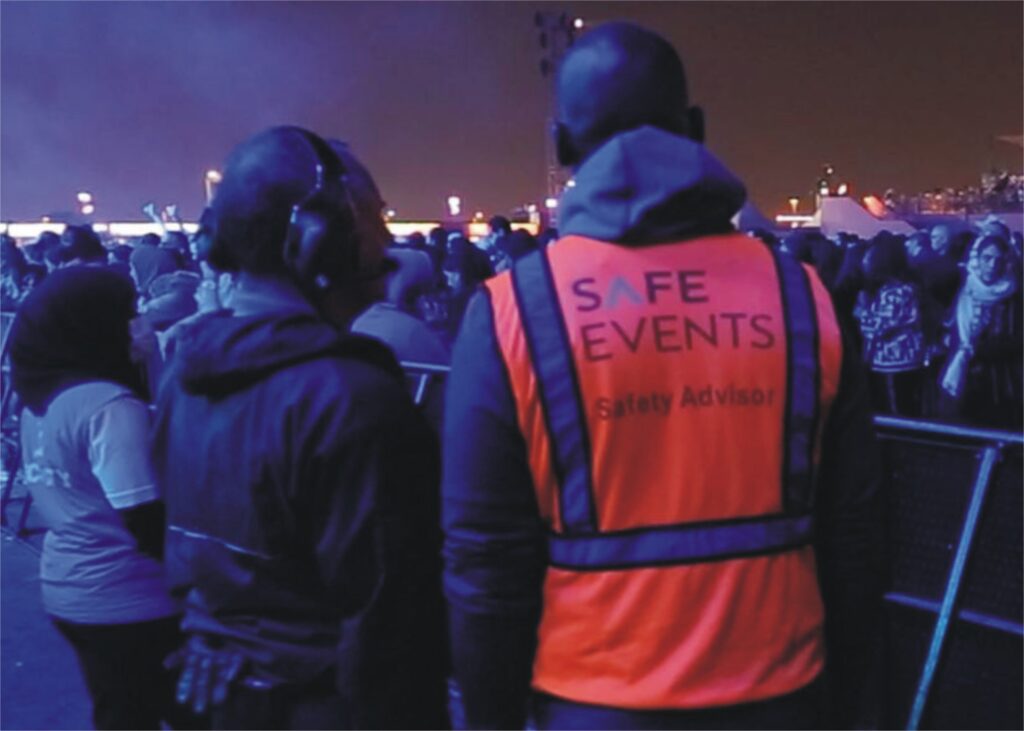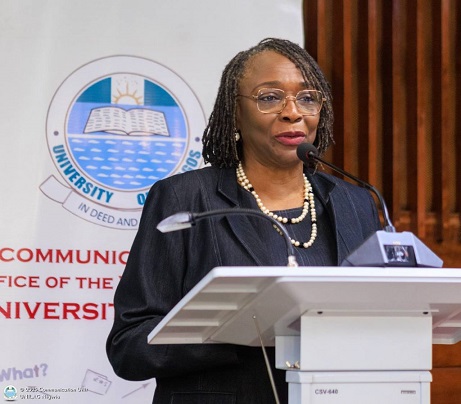By Olubunmi Kusanu
The stampedes in Ibadan, Abuja, and Okija, which claimed lives and left many injured, have highlighted a glaring need for enhanced security protocols, crowd control measures, and coordinated emergency responses at public events in Nigeria. These tragedies were not inevitable but a result of systemic lapses in planning and management. May the souls of all those we have lost in these tragedies rest in peace.
As Nigeria continues to host small- and large-scale events, from cultural festivals to community gatherings, especially towards realizing a viable and thriving tourism ecosystem, it is imperative to reassess our approach to public safety. Proper crowd control, collaboration with security agencies, and the implementation of health and safety protocols are essential to prevent future tragedies.
The Urgent Need for Crowd Control Policies:
Crowd control is both a science and an art that requires meticulous planning, professional execution, and the right infrastructure. Unfortunately, in many cases across Nigeria, this essential aspect of event management is overlooked. An event coordinator or organizer is not only a person who plans large parties but also any person or persons who are in charge of bringing together a convergence of people, no matter the number, in a particular space at a particular time; in other words, anyone can be designated “event organizer,” as this person(s) will be responsible for putting in place the protocols to ensure public health and safety. The absence of a standardized national crowd control policy exacerbates the risks associated with hosting large gatherings.
A national policy on crowd control should mandate that professional security agencies act as intermediaries between event organizers and the relevant government safety agency. This approach ensures a streamlined process for securing permits and providing oversight, fostering accountability and enhancing overall safety at public events. By leveraging the expertise of security professionals, this policy would promote compliance with safety standards and mitigate potential risks.
Key factors contributing to recent stampedes include:
- Overcrowding: Event organizers often fail to regulate attendance or ensure venues can safely accommodate the number of participants.
- Lack of Professional Security: Untrained personnel are often left to manage crowds, leading to disorganized and ineffective control during emergencies.
- Inadequate Collaboration with Agencies: Limited coordination between police, traffic managers, and emergency responders delays critical interventions.
- Poor Emergency Preparedness: Many events lack medical aid stations, clear evacuation routes, and contingency plans for emergencies.
Preventing Future Occurrences
To prevent stampedes and ensure the safety of attendees at events and public places, the following steps must be taken:
- Implement a National Crowd Control Policy
The Nigerian government, in collaboration with security professionals, must develop and enforce a comprehensive crowd control policy. This policy should outline clear guidelines for event organizers, including:
- Venue capacity limits.
- Structured entry and exit systems.
- The mandatory presence of trained security personnel.
- Engage Professional Security Services
Security management should not be left to chance. Licensed firms must be equipped with the expertise to assess risks, implement crowd control measures, and coordinate emergency responses. Each approach must ensure that events are safe from the planning phase to execution.
- Collaborate with Police and Emergency Services
A unified response system is critical for public safety. Police, traffic managers, and emergency services such as ambulance teams must work in tandem with event organizers and private security firms. This collaboration ensures that traffic is managed, medical aid is readily available, and emergencies are handled efficiently.
- Upgrade Venue Infrastructure
Event venues must be designed or upgraded to accommodate large crowds safely. This includes:
- Wider entry and exit points.
- Clear signage for navigation and evacuation.
- Adequate ventilation and lighting.
- Leverage Technology
Surveillance cameras, digital ticketing, and crowd-monitoring tools can help organizers track attendance, detect early signs of overcrowding, and respond proactively to potential risks.
- Conduct Public Awareness Campaigns
Educating attendees about safety protocols, emergency exits, and the importance of orderly behavior can reduce panic during emergencies. These campaigns should be an integral part of event planning as well as health and safety measures included in the planning processes.
The Role of Professional Security Firms
As security resources, we must pride ourselves on delivering world-class security solutions tailored to Nigeria’s unique challenges. The public is advised to engage experts in crowd management, risk assessment, and emergency coordination or collaborate with trusted partners for event organizers or public institutions. We cannot overemphasize collaboration with police and emergency services to ensure seamless safety protocols and timely responses.
A Safer Future for Public Events
The tragedies in Ibadan, Abuja, and Okija must serve as a turning point. As we reflect on these incidents, we must recognize the need for a unified approach to public safety. Event organizers, government agencies, and private security firms must work together to develop and implement measures that prioritize the health and safety of all Nigerians.
A safer Nigeria is possible when we embrace professionalism, proactive planning, and collaboration. We must remain committed to making public spaces secure for everyone and preventing avoidable tragedies.
Olubunmi Kusanu is the CEO of Spartan Strategy Security Resources (SSR), a leading provider of security and risk management solutions specializing in crowd control, public safety, and emergency response across Nigeria and Africa.





